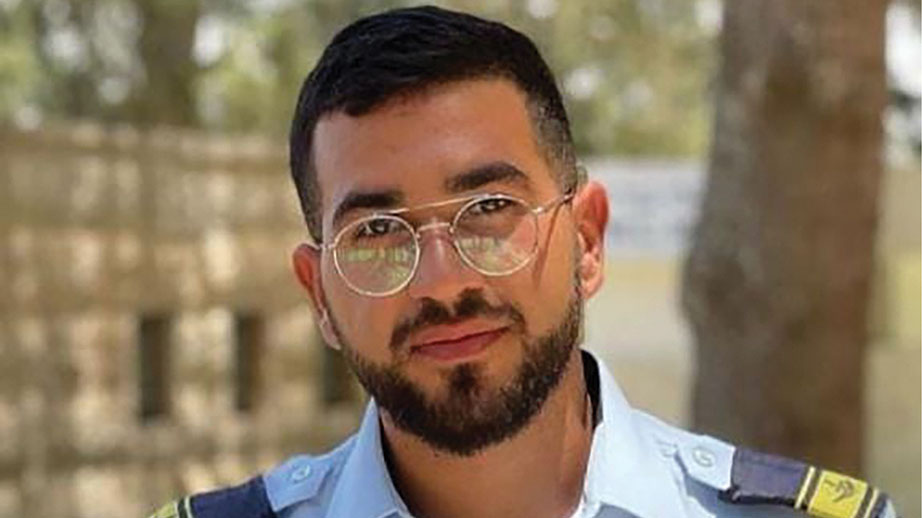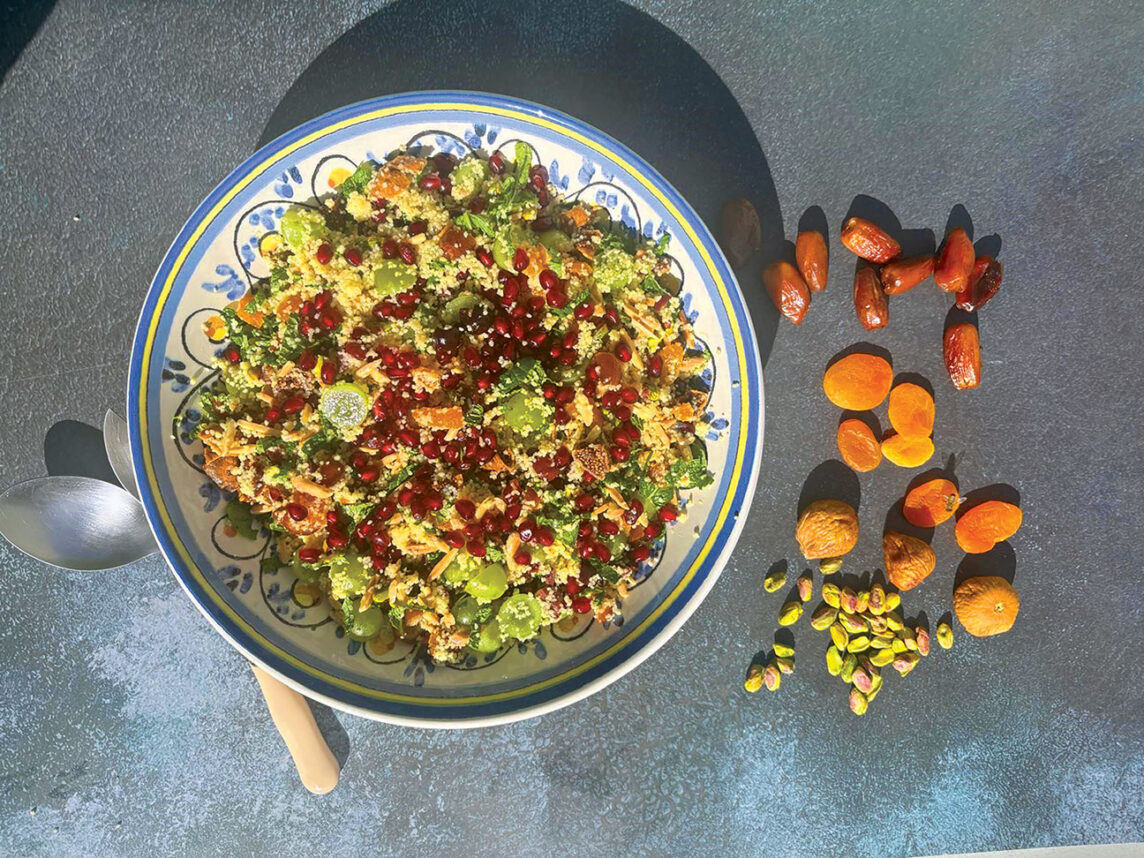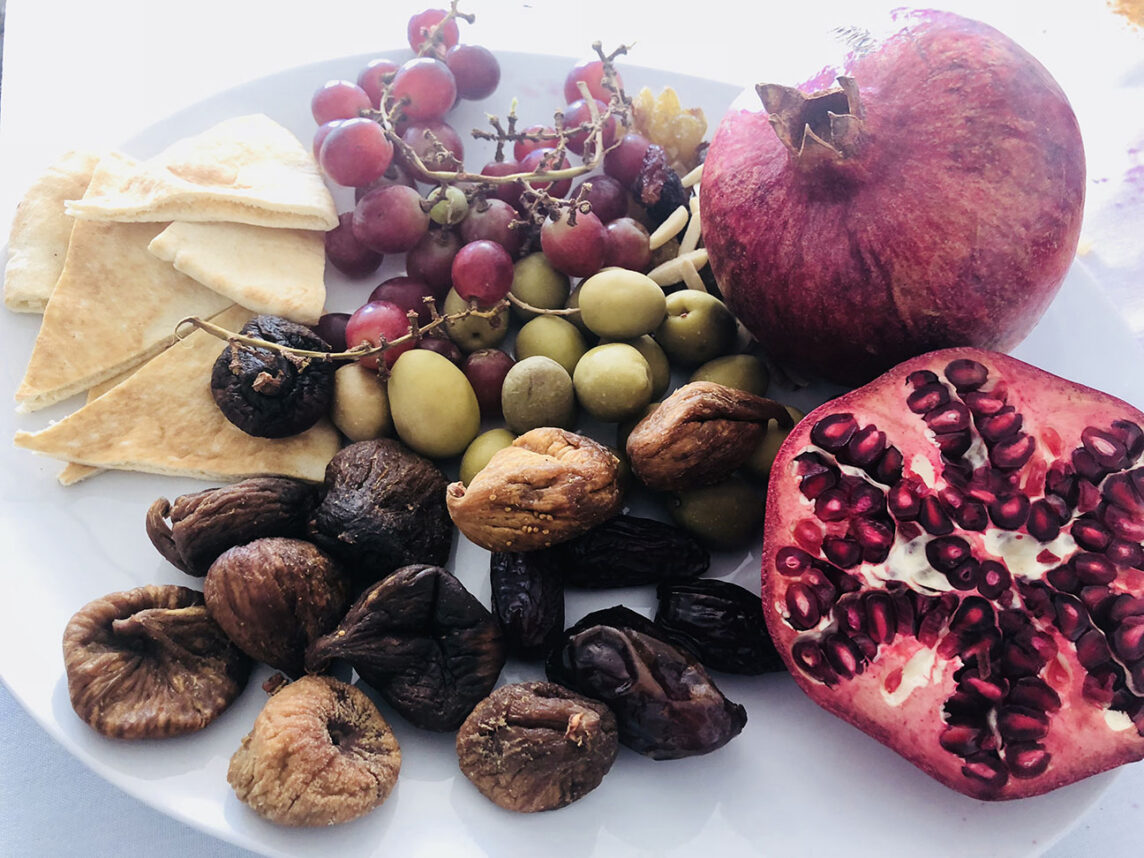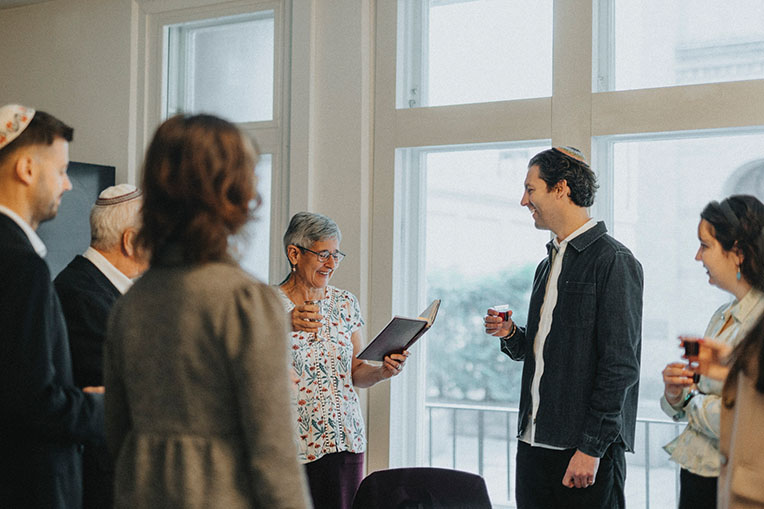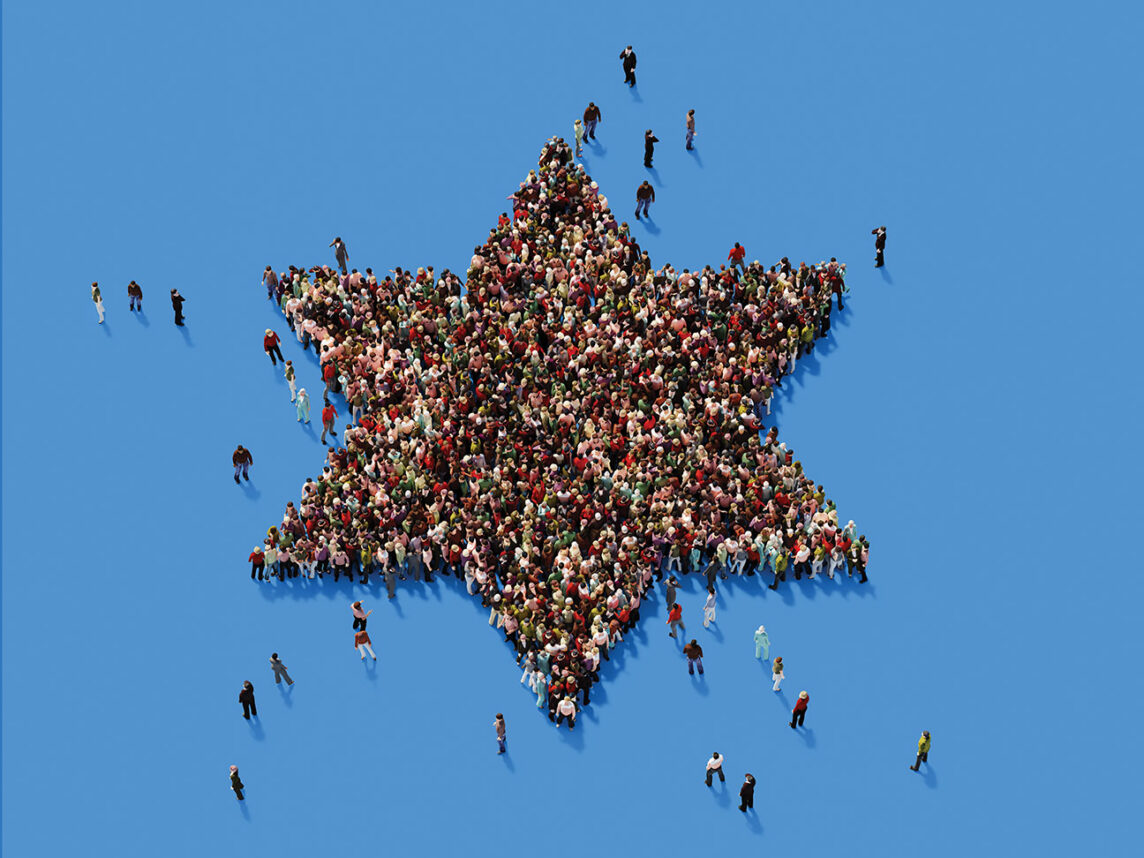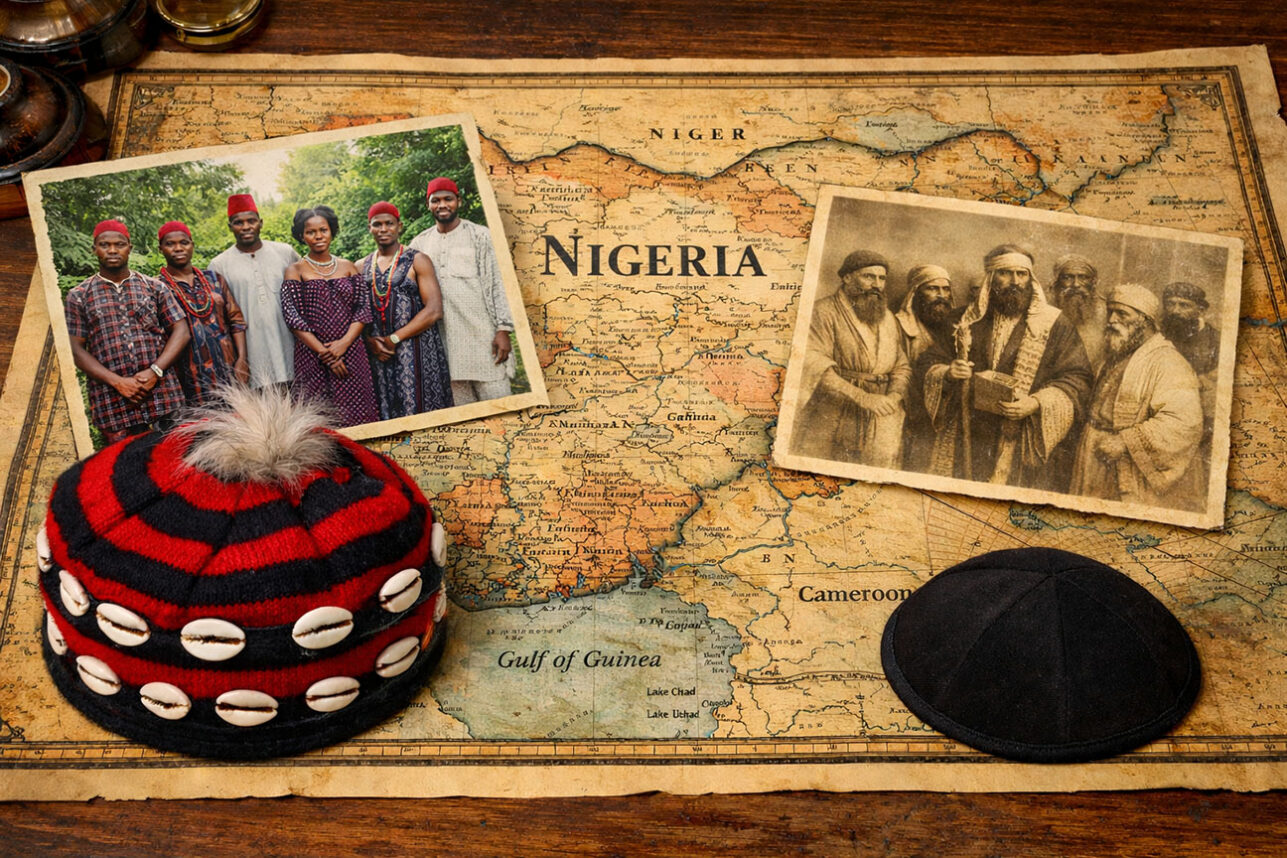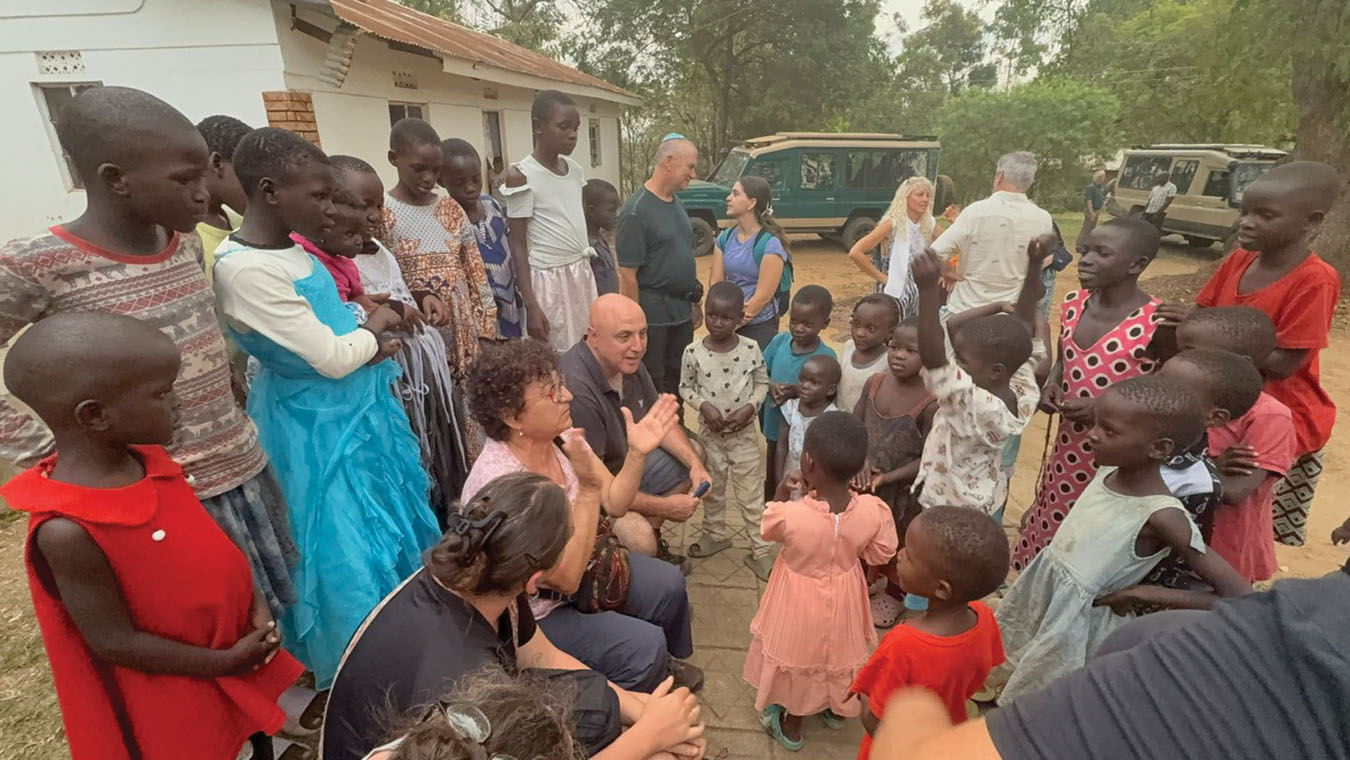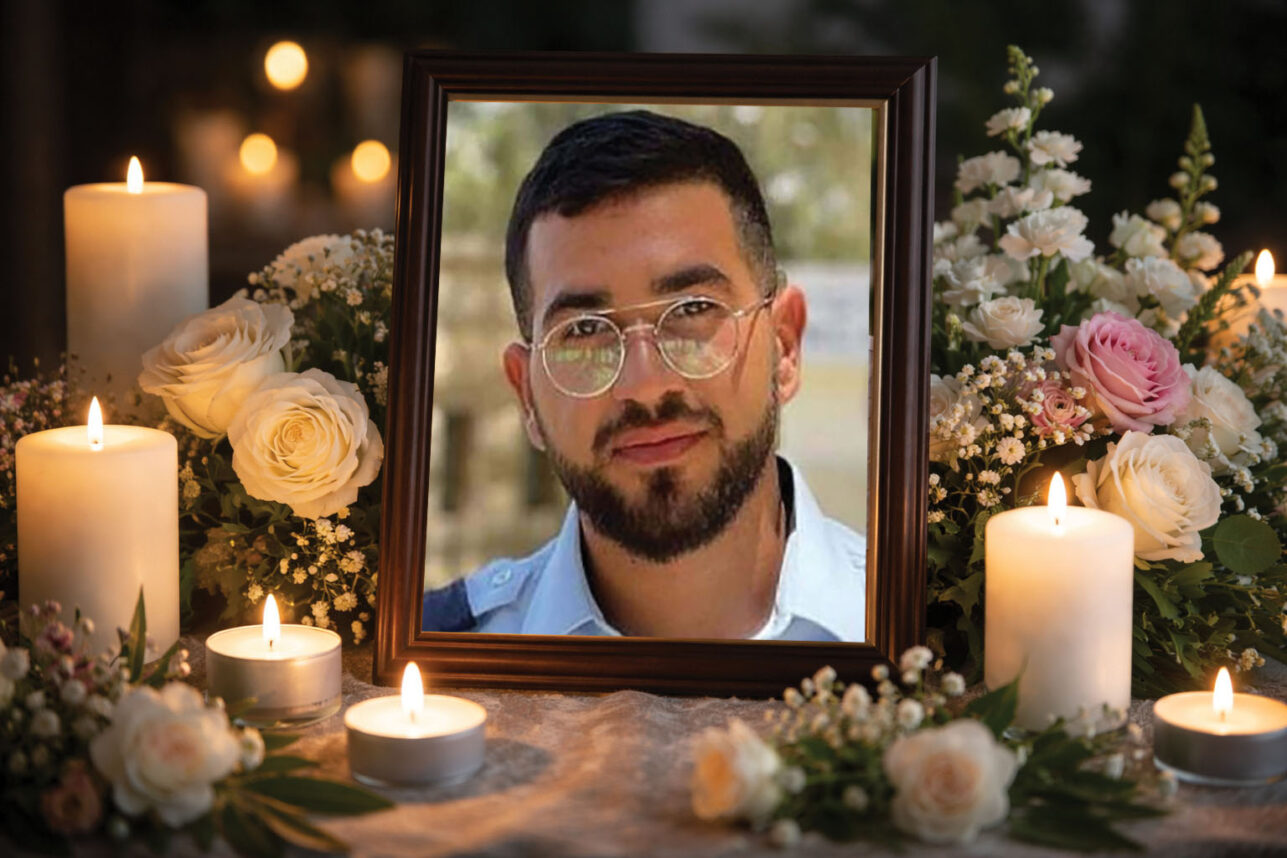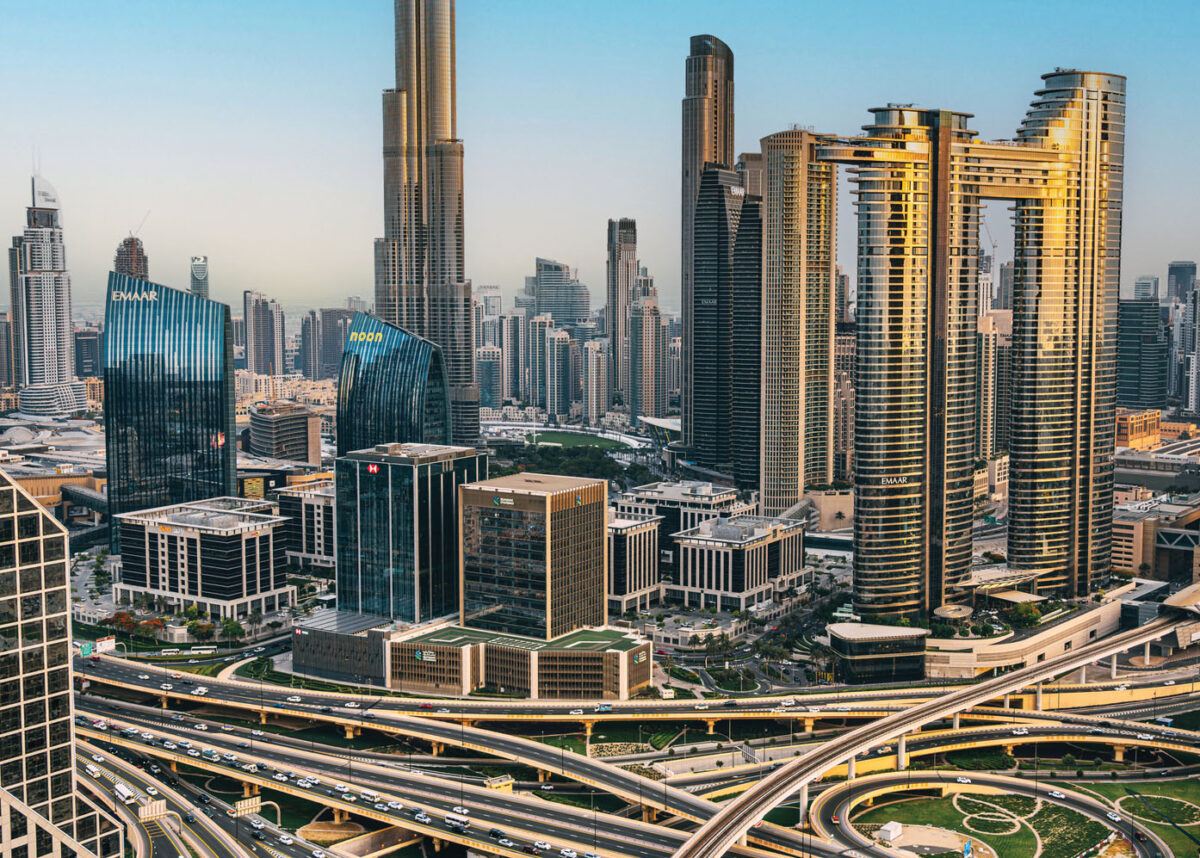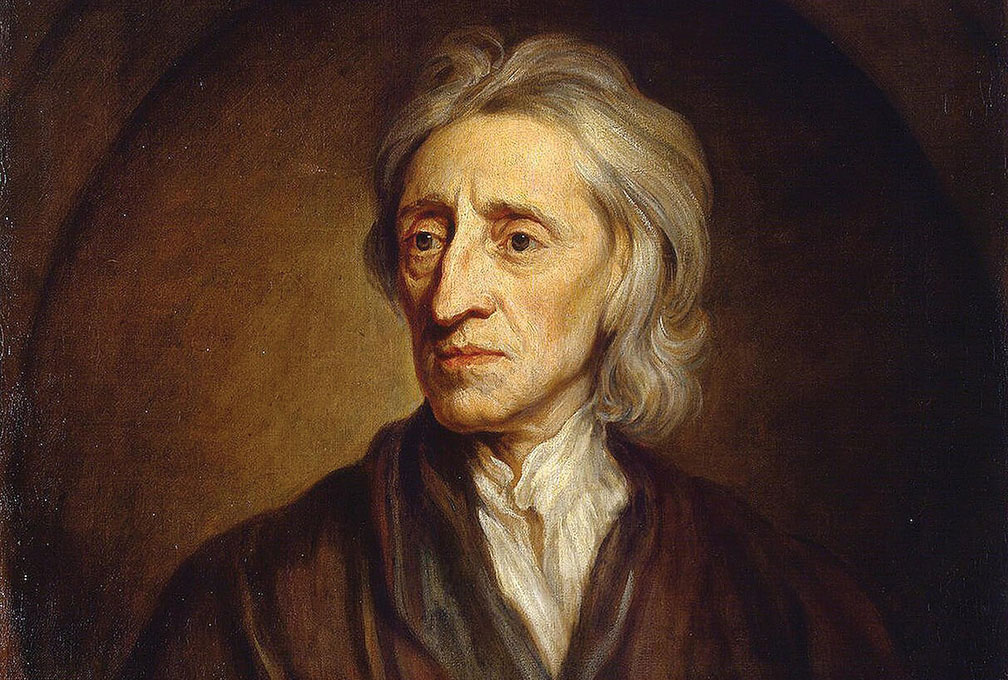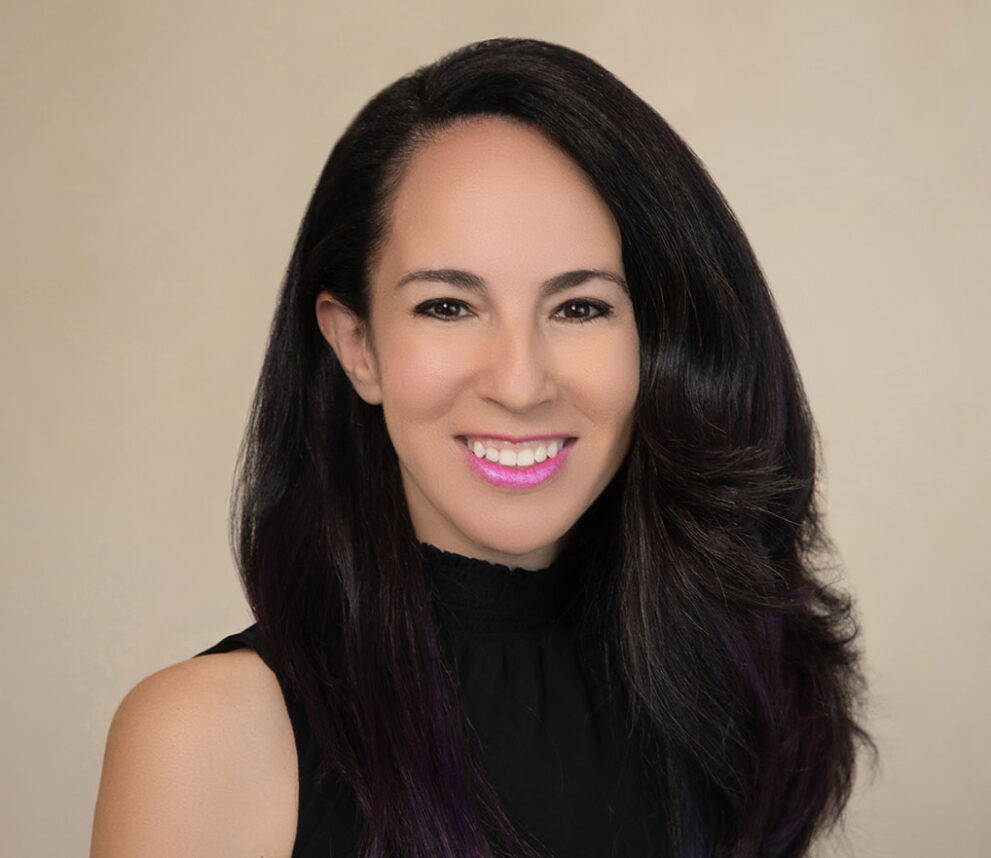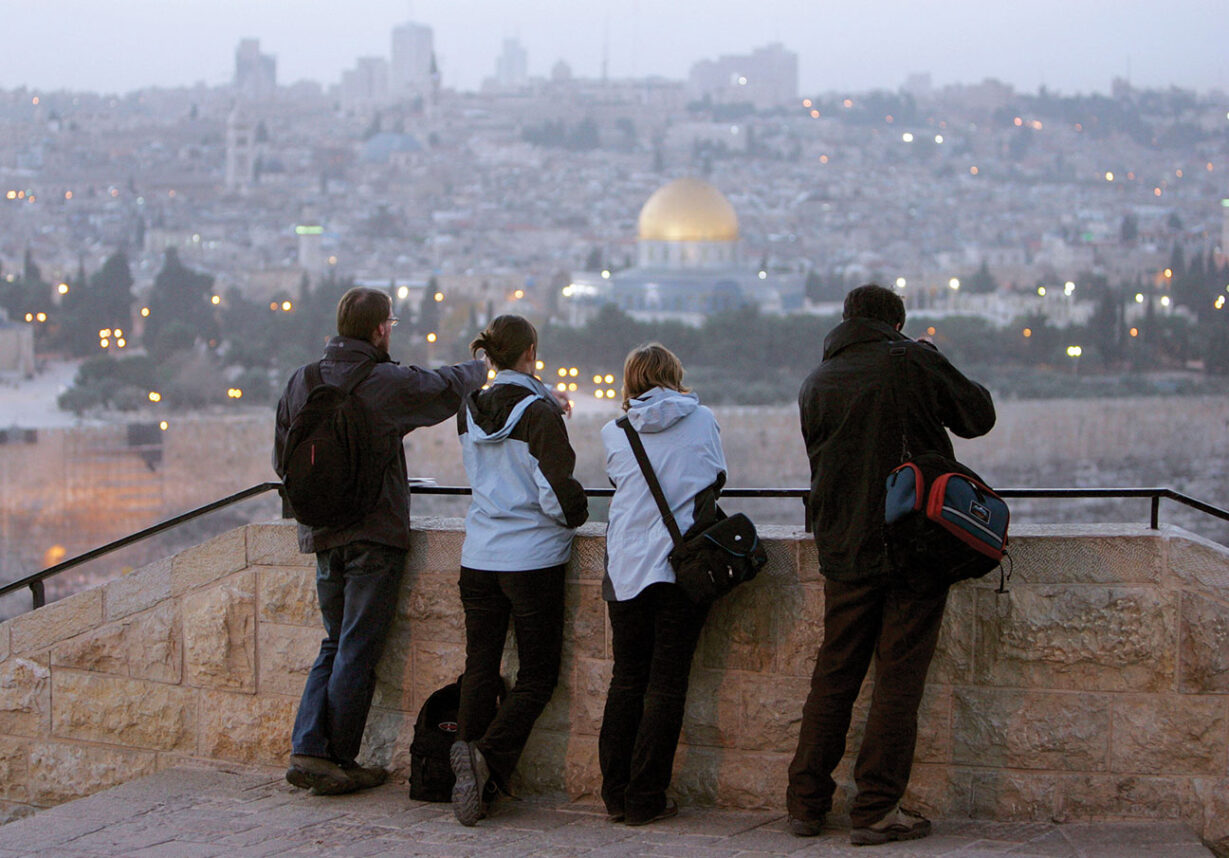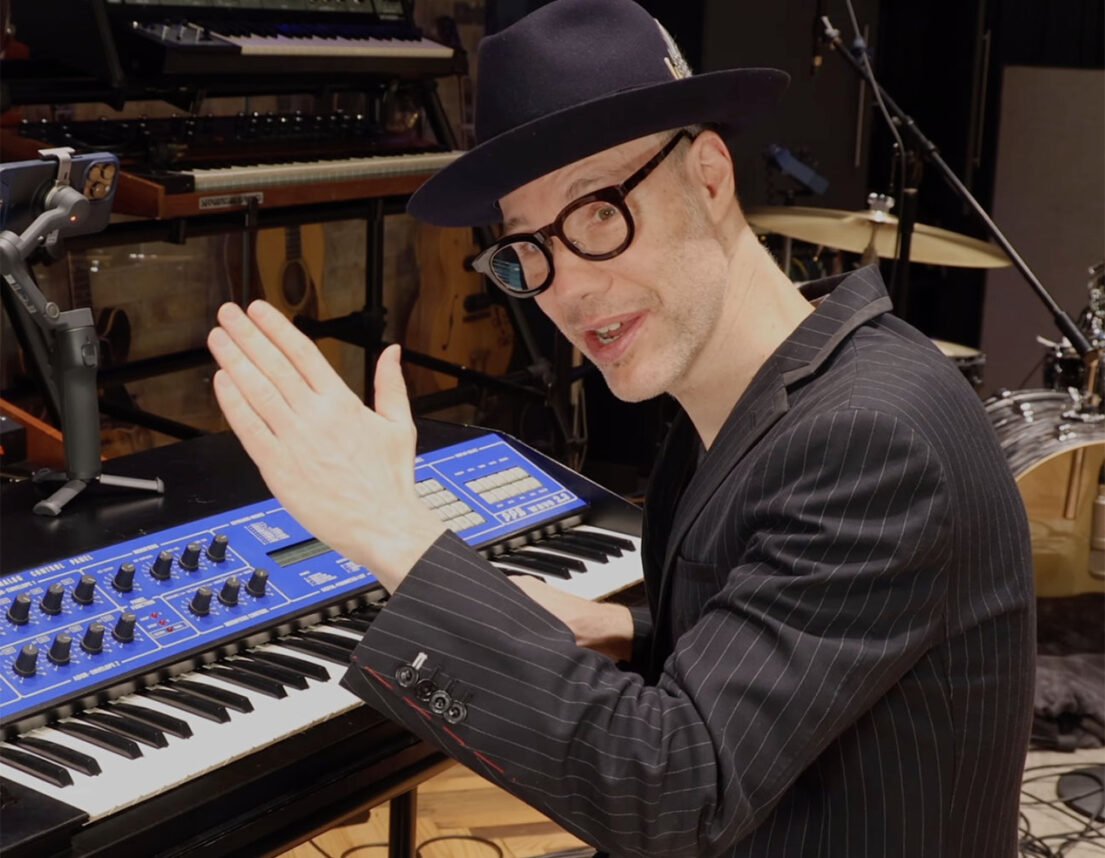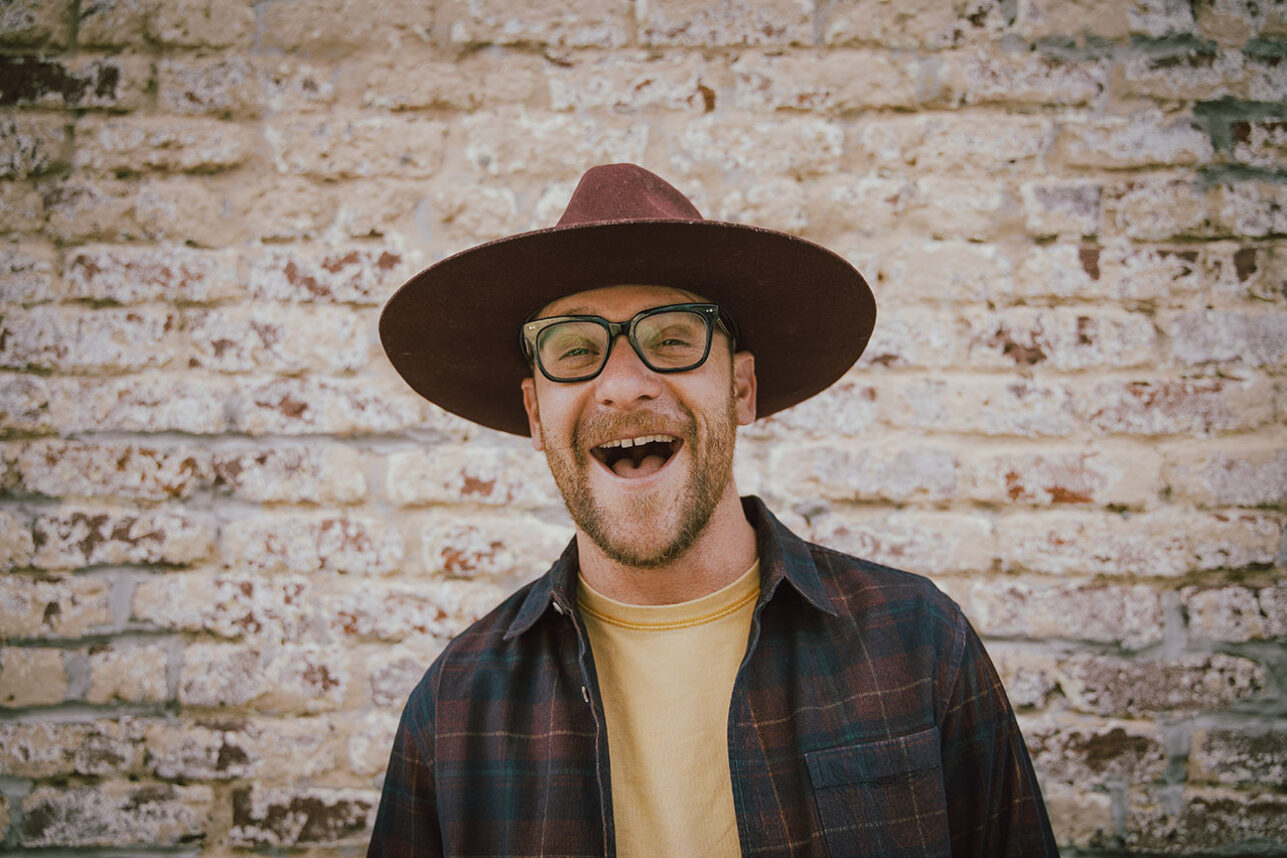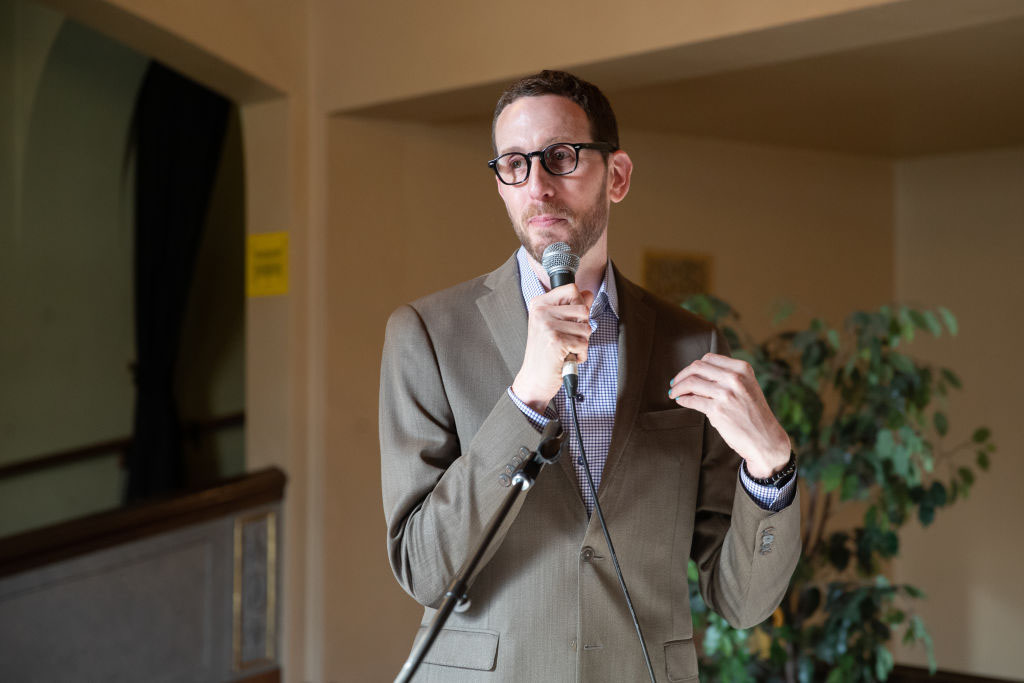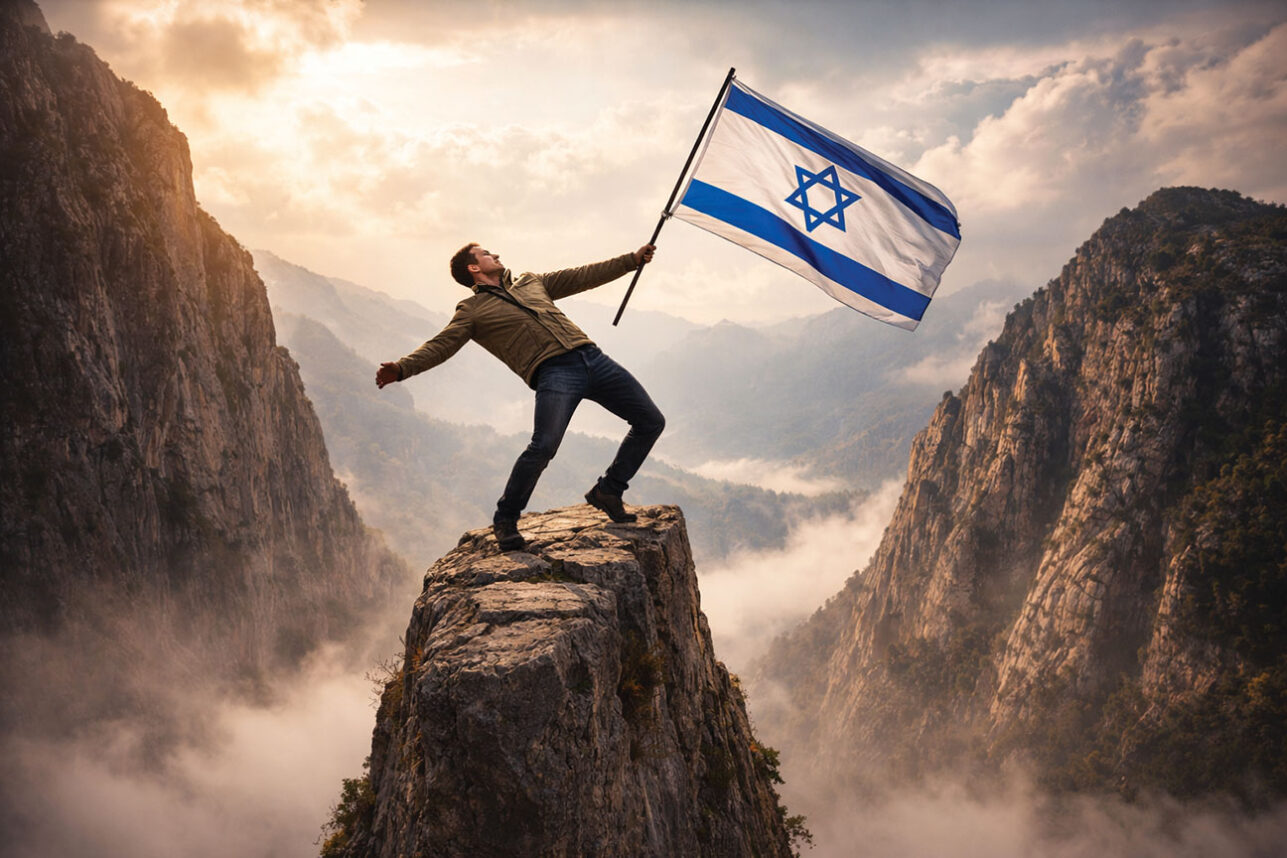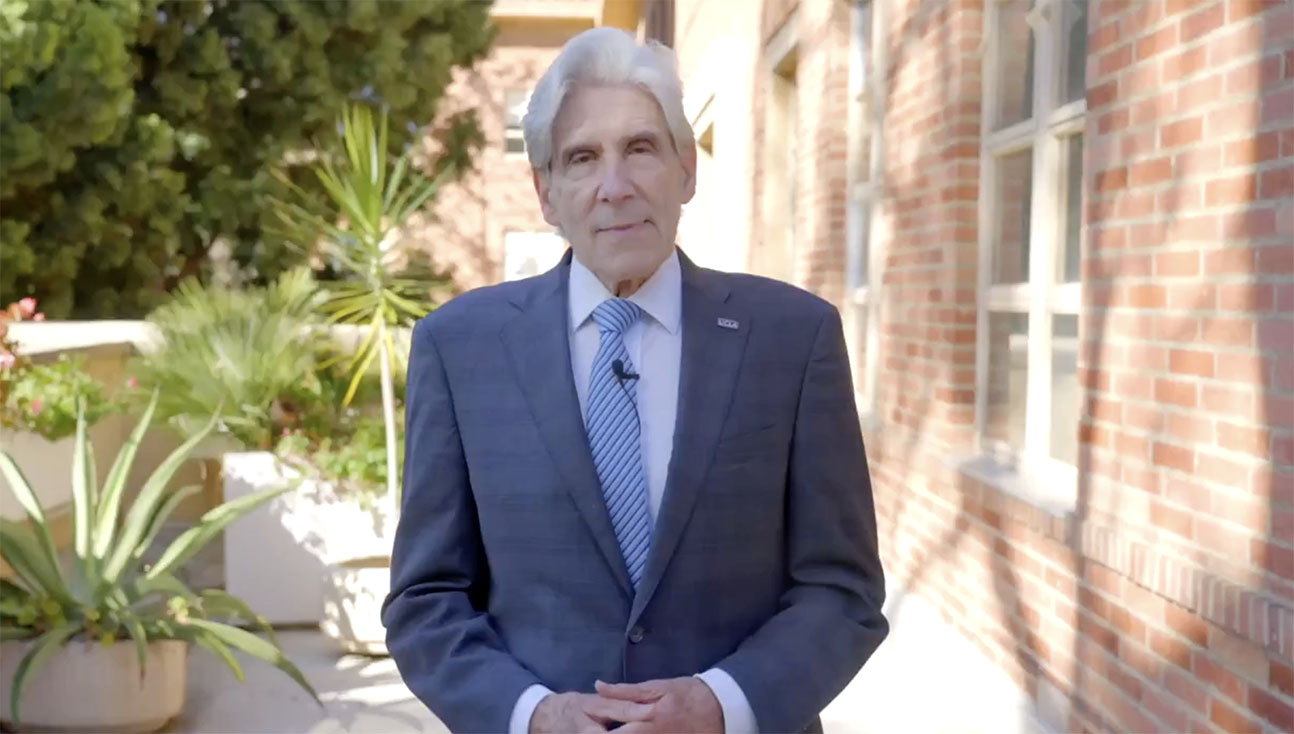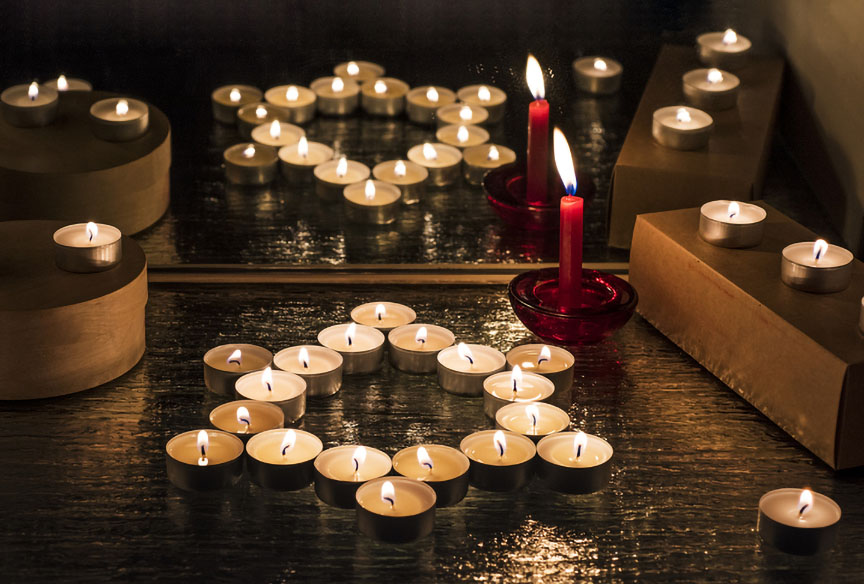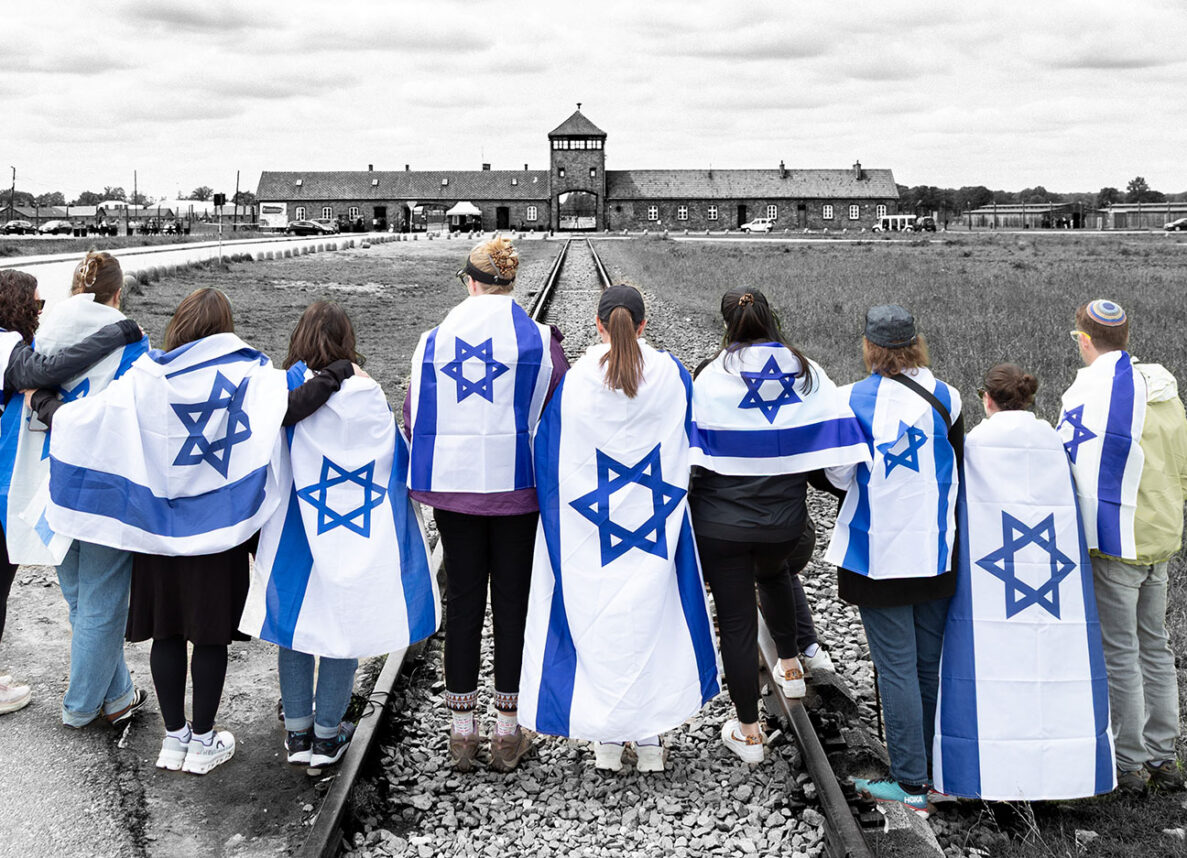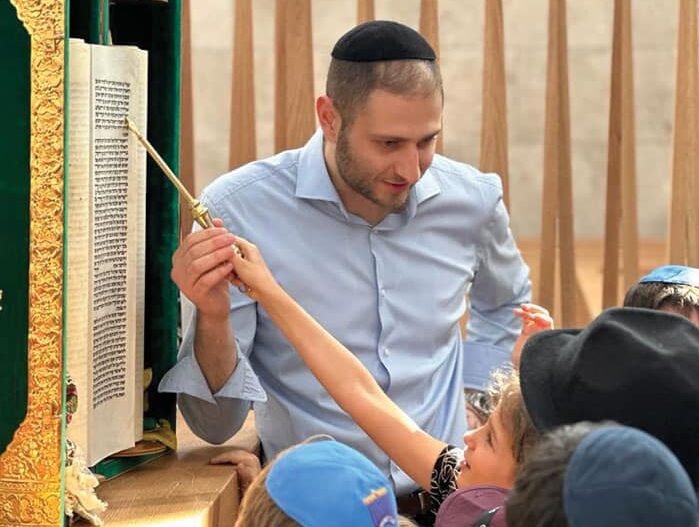
“You want to be a rabbi, huh.”
Rabbi Benjamin Joseph de Toledo remembers confidently standing on the bima during his bar mitzvah, in front of all his friends and family, and his rabbi saying to him, “You want to be a Rabbi, huh.”
From an early age, de Toledo knew he wanted to devote his life to uplifting Jewish communities. Originally from Los Angeles, he attended de Toledo High School and spent summers at Camp Alonim. The Jewish experience he had in California, particularly the guidance from de Toledo High School teachers and staff, was extremely impactful. “Through the encouragement of the really phenomenal teachers and mentors in Los Angeles I was privileged to build a relationship with, I slowly gravitated towards a more traditionally observant lifestyle,” he said.
He studied sociology at Columbia University and received a degree in Jewish history from the Jewish Theological Seminary of America. After finishing rabbinical school, de Toledo and his wife, Yael, made Aliyah to Israel.
He told his rosh kollel at Ohr Torah Stone’s Straus Rabbinical Seminary he wanted to stay in Israel for the rest of his life. “We wanted to take part in the greatest project in the Jewish world: Israel,” he said. But life took him in a different direction.
Coexistence in the UAE
The United Arab Emirates made history in 2019 when, as part of Sheikh Mohammed bin Zayed Al Nahyan’s “Year of Tolerance,” it became the first Gulf state to welcome Pope Francis on an official papal visit.
Francis and Sheikh Ahmed al-Tayeb, the grand imam of Al-Azhar and one of Sunni Islam’s foremost leaders, created “The Document on Human Fraternity for World Peace and Living Together,” which outlined the principles of tolerance and respect for the various religious communities and more than 200 nationalities that live in the UAE.
The UAE’s embrace of faith leaders from around the world came at the same time as a major shift in its foreign policy orientation. Just one year later, in 2020, the UAE joined Bahrain in signing the Abraham Accords, which normalized its relations with Israel. The historic agreement opened — for the first time in decades — investment, travel, and cultural exchange between the two countries.
Amid greater cooperation with the Jewish state, the Emirati government founded the Abrahamic Family House, an institution that consists of a mosque, church, and synagogue on Abu Dhabi’s Saadiyat Island. The Abrahamic Family House, according to Emirati officials, seeks to build a foundation of tolerance between the three Abrahamic faiths.
De Toledo received a call that he had been selected to join the Moses Ben Maimon Synagogue at The Abrahamic Family House. At first, he was shocked. He had just established a life in Israel, and moving to Abu Dhabi seemed daunting, he said.
But there was a voice in the back of his head: “Everyone wants community. They want to connect.” De Toledo began to view the diplomacy that was happening in the UAE as profoundly innovative, and two months later, he and Yael moved to Abu Dhabi.
Upon arriving in the UAE, de Toledo was confronted with a great challenge — how does one uplift a Jewish community in the Arabian gulf?
Welcome to the Neighborhood
Currently, there are only 300 Jews living in Abu Dhabi and about 2,000 living in the UAE. The community de Toledo leads is small, but the tourist population is not.
De Toledo serves as an educator to the hundreds of tourists that come to the Abrahamic Family House every week. “There is a significant interfaith component, serving as Jewish educators and consultants for a first-of-its-kind multifaith complex in an Arab country and translating Jewish culture, practice and values.” Tourists are not only respectful of the synagogue, he said but also curious about Jewish life. Many visitors are not Jewish. Some have never met a Jew before.
Many non-Jewish people in the Middle East cannot visit synagogues. But at the Moses Ben Maimon Synagogue, visitors can view a Torah scroll and spend time learning about Jewish life.
“Just last week, an Indian woman who had just graduated from university knocked on my door with a list of 15 thoughtful questions on Judaism,” said de Toledo. “She had never met anyone she could discuss them with before.”
De Toledo admits that the government, which pays for all activities at the synagogue, was surprised by the large food bill that came from the synagogue. “We had to explain the centrality of food in Jewish life,” he said.
De Toledo admits that the government, which pays for all activities at the synagogue, was surprised by the large food bill that came from the synagogue. “We had to explain the centrality of food in Jewish life,” he said.
The synagogue has adapted a pluralistic view. De Toledo and Chief Rabbi Yehuda Sarna are both Orthodox, but the synagogue welcomes all branches of the Jewish faith. The Emirati government, wanting to create a synagogue for all Jews, simply calls Moses Ben Maimon a “Jewish” synagogue.
De Toledo said he finds ways to make the synagogue follow intrafaith concepts. It reminds him of the model of pluralism he saw used at de Toledo High School by his mentor and prior head of school, Dr. Bruce Powell, he said.
Teaching Tolerance
Behind de Toledo’s passion is his drive to support the UAE’s Jewish community. “I want the community to grow, not just in size, but in Jewish education and commitment.” The fight for global Jewish tolerance is long, and de Toledo does not see this project as fundamentally changing current geopolitical problems, but it certainly might help.
“The goal is, first and foremost, to be a world-class multifaith institution that houses three distinct living, breathing houses of worship,” said de Toledo. “But of course, in doing that, it is fundamentally changing the narrative of what Jewish life, or really, religious life more broadly, looks like in this part of the world — specifically, of course, between the Jewish and Muslim worlds.”
He sees the synagogue as part of a historic movement. “I do believe what is happening in the Arabian Gulf is one of the most consequential and impactful Jewish frontiers in the world today — not just with the tremendous potential to positively affect the security and prosperity of the state of Israel, but really the entire Jewish world.”.
The synagogue has an impact on both UAE Jewish citizens and Jewish visitors. “There is something about the confluence of being in an Arab country, in this remarkable multifaith complex, seeing how the synagogue is respected, the beauty with which it was crafted, it totally overwhelms them … They want to put on a kippah, a Tallit prayer shawl, kiss the Torah, or say Tehillim with me,” he said. “It is powerful.”








